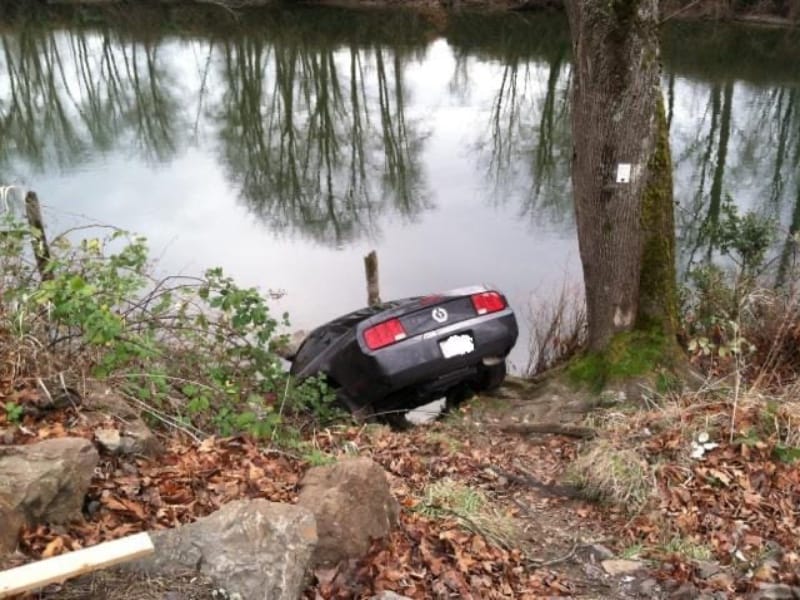Towing Where the Pavement Ends
We’ve pulled vehicles out of creeks and towed sedans out of overgrown ditches. For every Auburn off-road recovery job we undertake, our operators need to know the terrain they’re working with, need to think on their feet, and handle some downright messy situations with confidence. Every recovery is different. The fields outside town don’t behave like a forest road. A stuck tractor doesn’t move like a buried pickup. And none of it happens on a schedule. When the call comes, we head out prepared for whatever mess is waiting at the end of that gravel track or logging trail.

The First Look: Reading the Scene
Our team always starts with a visual check. Before touching a cable, we ask: how deep is it? What’s the soil like? Is the vehicle resting against a tree, or is it sunk down to the axles in water? Auburn off-road recovery requires sizing up both the vehicle and the environment fast. That first assessment tells us everything. The weight involved, the direction of pull, and what tools we’ll need to get the job done.
Rescuing Submerged Vehicles
Recovering submerged vehicles is one of the trickiest parts of our work. Water hides a lot—muddy bottoms, uneven ground, sharp rocks, or even fences below the surface. We’ve hauled out cars that went nose-first into retention ponds and trucks that slipped off boat ramps. These jobs demand careful anchoring and slow, controlled pulls.
We use waterproof gear and often bring an extra set of eyes—someone in the water checking for obstacles, making sure nothing shifts dangerously as we extract the vehicle.
Cars Buried in Fields or Forest Trails
Sometimes, folks try to drive where they shouldn’t—or where the weather’s made a decent road into a soft trap. We’ve found sedans sunken in ruts after a surprise rain, and 4x4s stuck in places they had no business being.
Here’s what makes these jobs challenging:
- Thick mud that sucks tires down and holds fast
- Tall grass that hides ruts or ditches
- Vehicles sunk to their axles or higher
- Limited space to work
Agricultural Equipment in Trouble
When heavy farming gear gets stuck, it’s a big deal. Farmers often can’t make up for time lost during planting or harvest. We’ve recovered tractors buried in irrigation ditches, combines toppled in soaked fields, and even grain trucks that veered off a gravel road and landed on their side.
These are some of the most demanding Auburn off-road recovery calls we get. The weight alone means we often need to bring in heavy-duty equipment and consider multiple anchor points. Some of our biggest tools come out for these jobs:
- High-capacity winches
- Multiple tow trucks working in tandem
- Load-balancing setups to avoid frame or axle damage
The key is moving slowly and deliberately. One wrong tug and something breaks or sinks deeper.
Lessons from the Field: Tips to Avoid Getting Stuck
Here are a few takeaways from our experience:
- Avoid wet fields or unmaintained trails after rain.
- Know your vehicle’s clearance and weight limits.
- Keep a tow strap and recovery boards in your vehicle.
- Don’t spin the tires if you’re stuck. That only digs deeper.
- Call for help early if you’re not sure.

Fitz Towing & Recovery – Cars & Semi Truck Heavy Duty Wrecker: Your Partner for Quality Auburn Off-road Recovery
At Fitz Towing & Recovery – Cars & Semi Truck Heavy Duty Wrecker, we take pride in our Auburn off-road recovery capabilities. We’ve seen nearly everything: cars sunken in backwoods trails, farm trucks perched on their frames, and off-roaders stuck deep in forest mud. Auburn off-road recovery is what we do because someone has to be the one who shows up when the pavement ends and the problems begin. So when your wheels leave the road and the ground stops cooperating, you know who to call.
